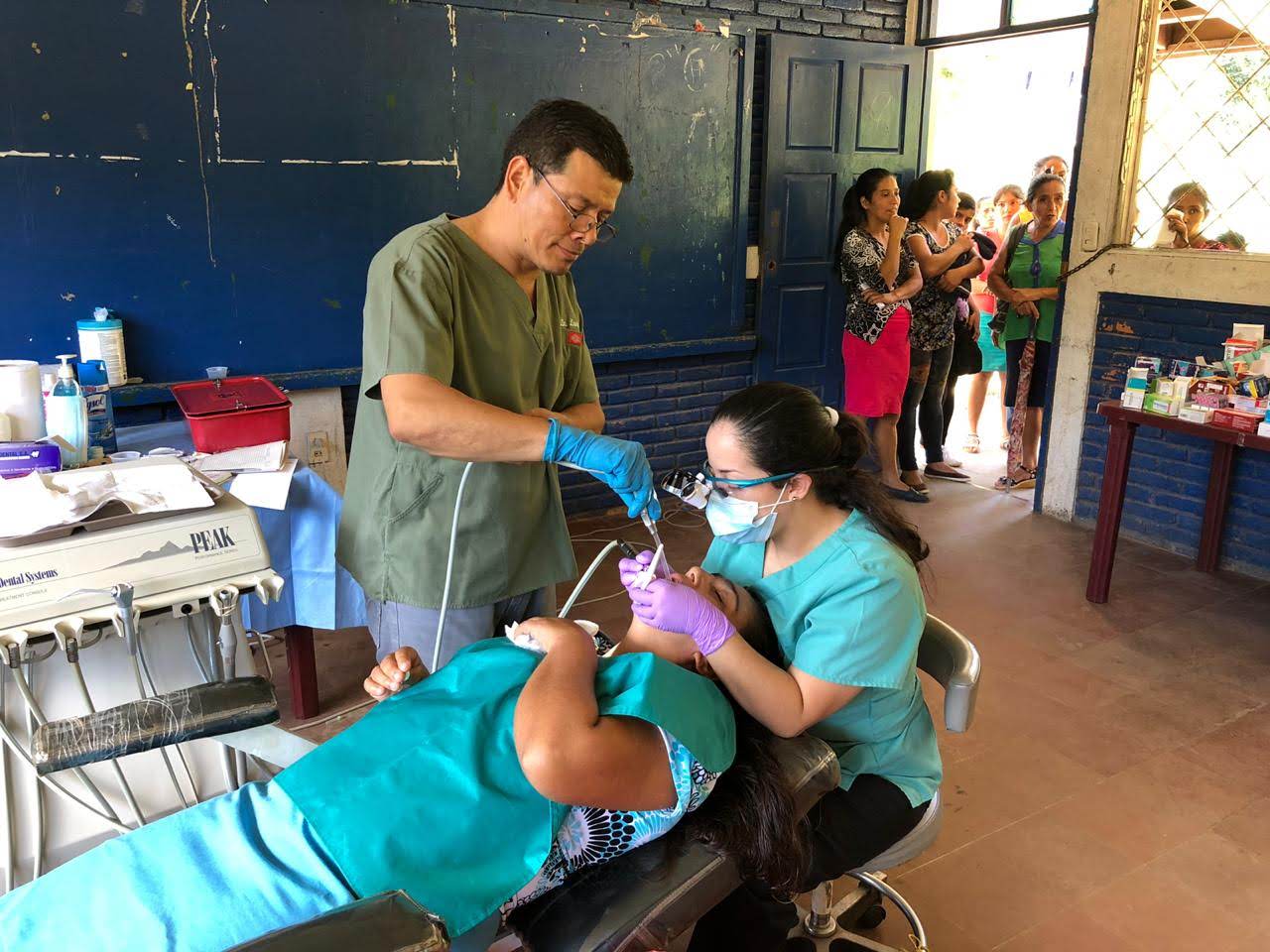Creating practice-based evidence for change

By David Schlinkert
December 16, 2019
This piece originally appeared on page ZA06 of the Dec. 13, 2019, edition of The Arizona Republic.
Like education, positive health outcomes have the power to improve individual and community livelihoods. A healthy workforce makes Arizona more productive, competitive and equitable.
At this year’s sixth annual Arizona Health Equity Conference in Phoenix, keynote speaker Dr. Flavio Marsiglia, Regents Professor at the School of Social Work in Arizona State University, enforced the idea that health programs should not only be evidence-based, but practice should inform evidence-based research.
To ensure practice informs research, health and human service organizations must talk directly to the communities they serve about their needs and strengths, so that health care works with, instead of against, existing cultures and norms.
Esperança prides itself in creating programs from the bottom-up, based on individual and cultural assets instead of deficits, and with direct feedback from the communities it serves. From its international programs (surgical missions and community development) to its domestic programs (diabetes prevention and access to dental and medical care) it strives to bridge global knowledge gaps about healthcare quality, access, and outcomes based on experiences from the field.
For example, Esperança’s Domestic Program Director, Maria Valenzuela, has 20 years of experience with Esperança in Phoenix. Her ear-to-the-ground approach to community health empowerment means she brings community health concerns directly to leadership and the board of directors to inform the organization’s future practice-based evidence model.
Valenzuela’s community-first approach is straightforward: adapt Esperança’s programs to the individual needs of the communities she serves. This bottom-up communication model enabled Maria to tailor traditional diabetes prevention classes to educate Latinos about making healthier food choices without having to sacrifice Latin flavors.
This localized approach is surprisingly novel in global development and global health, which have traditionally utilized a top-down approach: The Global North (economically developed societies such as Europe, North America, and Australia) sets the program and research agendas for underserved communities in the Global South (parts of Africa, Asia and Latin America).
This move towards locally informed programs and research priorities is gaining traction from multiple professions: economists, entrepreneurs, nonprofit leaders and random control trial researchers are all experimenting with the next phase of global development.
As the global service delivery paradigm changes to reach those who have not benefited from large-scale global development efforts that began at the end of World War II, policy leaders will need input from well-informed and innovative nonprofits that are already adapting to change and understand what is happening on the ground.
Esperança is well-positioned to contribute to this conversation because it has always utilized a localized approach in its global development work, and it is presently in the process of expanding its surgical mission model to train more local doctors to perform life-saving surgeries, instead of continuing the antiquated fly-in fly-out model.
The history of global development repeats itself: People, communities, institutions and countries only sustain successful change when the movement comes from within. The Global North, therefore, is not the solution to the Global South’s problems. But, if the North listens to the South’s local context, issues, culture and practice-based evidence needs, it can become a trusted partner that can help catalyze change.
Esperança is a nonprofit that listens, and its grassroots approach to health and development position it to shape global health aid and business growth strategies that will fortify change from within, not on top, of communities worldwide.